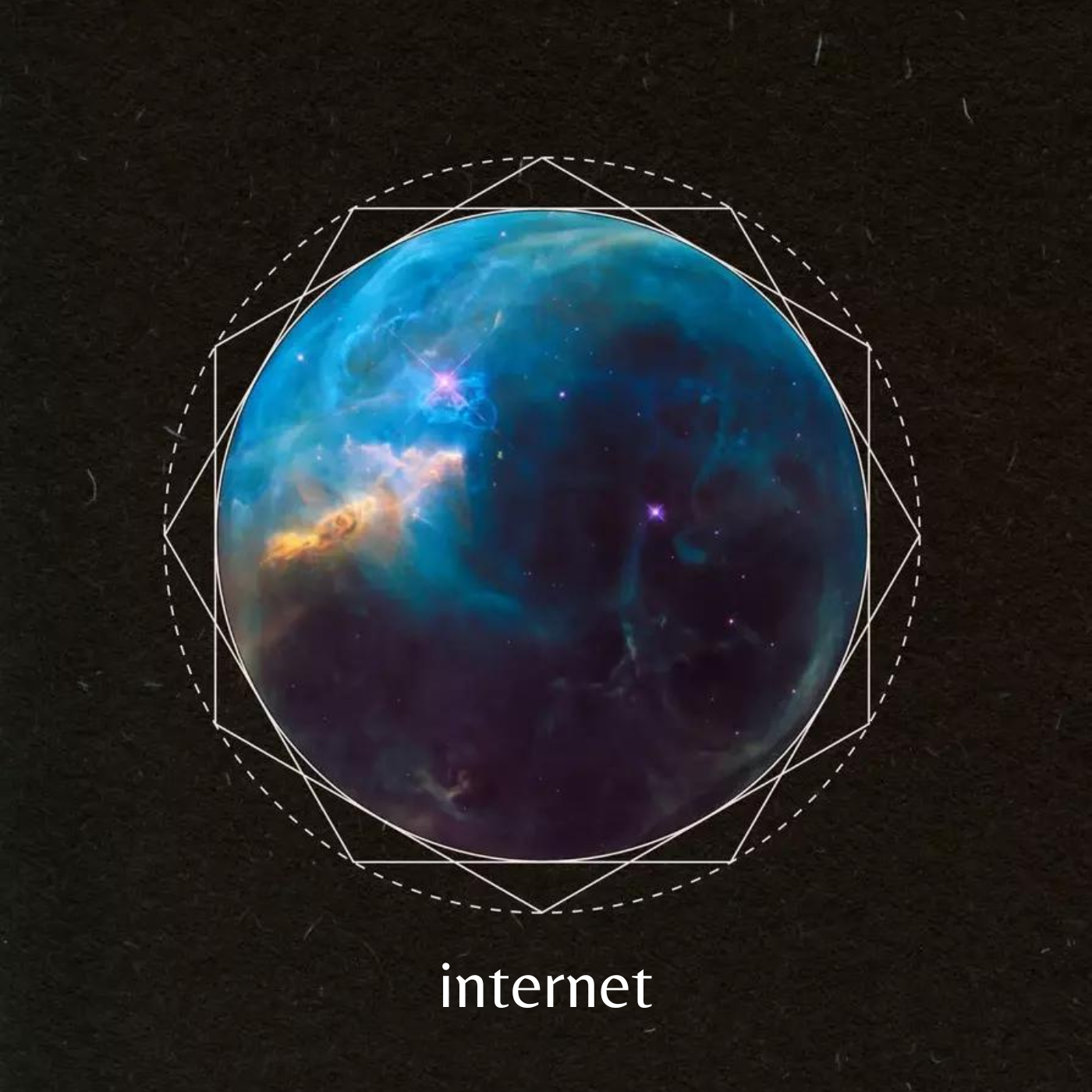
In the not-so-picturesque town of Nishchintopur, nestled beside the serene banks of the Teesta River, people were driven by an unyielding desire to save the planet from the unprecedented use of plastic. They had embraced a plastic-free revolution, united in their mission to protect the earth and its resources for future generations.
A threat has emerged.
A pathogen called the Internet.
Like a double-edged sword, the Internet has almost divided the town into two parts. It has sown seeds of discord and disharmony. It infiltrated their hearts, and slowly, like a parasite, decomposed human attention. The mission to save the planet is at stake.
In a state of turmoil, Pathikrit, a local resident, took note of the insidious pathogen. He wanted to bring back the lost essence of Nishchintopur. He set out on a voyage, guided by the lyrics of a twentieth-century Tamil song that spoke of returning to a simpler, harmonious time. Pathikrit traversed the border of the continent. He witnessed the consequences of the Internet’s global influence. People were consumed by a fictional story that clouded their judgment. It weakened the unity they had once cherished. He understood the urgency of this mission; the fate of Nishchintopur’s plastic-free revolution rested on his shoulders. Because it was not only the planet wrapped in plastic, but human hearts wrapped in ignorance, that threatened life.
Drawing strength from the stars burning above, Pathikrit believed that compassion and understanding were the keys to reclaiming the town’s unity. His journey led him to an abandoned minaret, that stood tall amidst the vast green landscape. Inside, he discovered an incomprehensible love; a love for the planet, his mother, his hometown, and its bountiful offerings, a love that transcended time and space, filled in a plastic bag. That’s the only carrier of hope that he could afford. Handcrafted jute bags are expensive these days. In the minaret’s silence, Pathikrit found solace, vibrating with anxious heart beats. He knew that he had to rekindle this love within the hearts of the people. The once bustling airport now lay deserted. In the emptiness that had enveloped the planet’s spirit, Pathikrit wanted to scratch a hole, and puncture the inflated ego of ambitious men, and evacuate the decaying essence of lightness.
Drawing inspiration from the Teesta River’s flowing waters, Pathikrit realized that, like the river’s currents, their united efforts could carve a new path toward a brighter future. He returned to Nishchintopur with an understanding that, he cannot fight this battle. Plastic bags are too convenient to get rid of. He is ready to face the challenges that lay ahead. Gathering the townspeople, Pathikrit shared his notebook, urging them to refocus on their mission, while he does some grocery shopping. He reminded them of the zero-plastic revolution they had embarked upon, their shared vision for a sustainable and thriving planet. The people listened. Before the spark of unity began to flicker once more, people realized that their fight against plastic pollution was more important than ever, especially after witnessing Pathikrit’s transformation. Pathikrit’s words resonated on a different note altogether. People felt that the crisis of plastic, which is a material waste, is not the actual source of crisis. There is a crisis of ethos. To save the planet, it is important to free their hearts of the intangible plastic-like pathogens, and at the time, disallowing people to break free from the distractions of the Internet. Together, they rekindled their love for the earth, pledging to protect it with every fiber of their being.
In the days that followed, Nishchintopur flourished with the spirit of harmony and determination, but unfree from the pathogens. It was a new kind of harmony achieved. Humans, plastics and the Internet lived together. They learned to coexist by sustaining an inter-parasitic chain of existence. The plastic-free revolution gained momentum, drawing admiration from neighboring towns and cities. Pathikrit’s voyage not only saved Nishchintopur from the pathogen of the Internet but also rescued from the ethical weight of saving the planet. The song that once spoke of a divided world now echoed a tale of unity. Humans, plastics and the Internet, they create a new algorithm of consensual decay.

This article offers a fascinating perspective on the subject. The depth of research and clarity in presentation make it a valuable read for anyone interested in this topic. It’s refreshing to see such well-articulated insights that not only inform but also provoke thoughtful discussion. I particularly appreciated the way the author connected various aspects to provide a comprehensive understanding. It’s clear that a lot of effort went into compiling this piece, and it certainly pays off. Looking forward to reading more from this author and hearing other readers’ thoughts. Keep up the excellent work!
Thank you, Viviant!
Great article! I appreciate the clear and insightful perspective you’ve shared. It’s fascinating to see how this topic is developing. For those interested in diving deeper, I found an excellent resource that expands on these ideas: check it out here. Looking forward to hearing others’ thoughts and continuing the discussion!
Thank you, Mandyt. You perhaps forgot to paste the link.